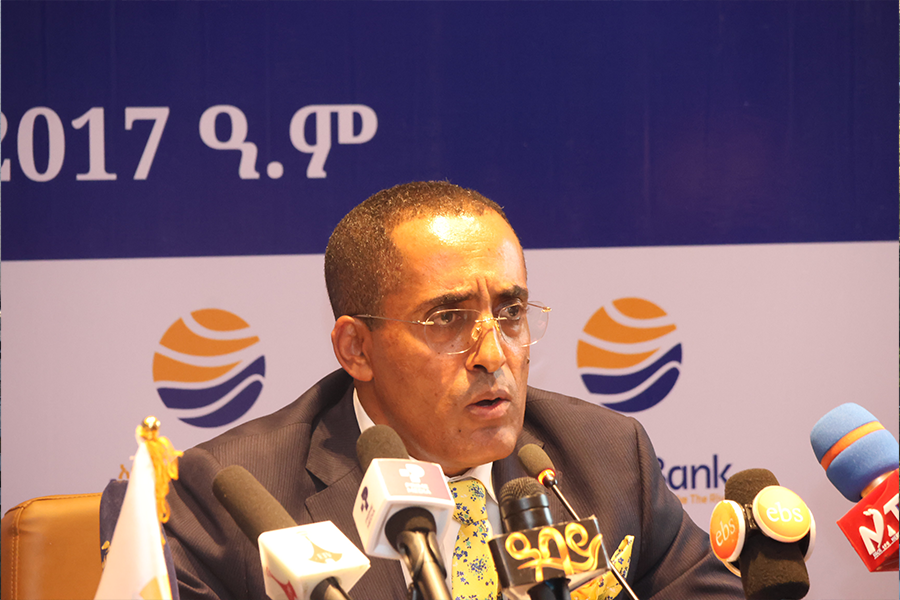
Feb 12 , 2022
The World Bank has approved 14.6 million dollars in additional funding for the National Quality Infrastructure Programme. The programme kicked off in 2017 with an outlay of 50 million dollars to support quality improvement in the textile, leather, horticulture and honey processing industries implemented under the Ministry of Trade & Regional Integration. The first phase, initiated with a budget of 38 million dollars, targets to improve quality control offices through equipment provision and develop an improved rating system. The programme has also been granted a one-year extension, pushing the end date to July next year. Procurement and operational delays due to COVID-19 and a lack of qualified bidders were the factors behind the restructuring request, according to Addis Temteme, head of monitoring and evaluation at the project office in charge of the project.